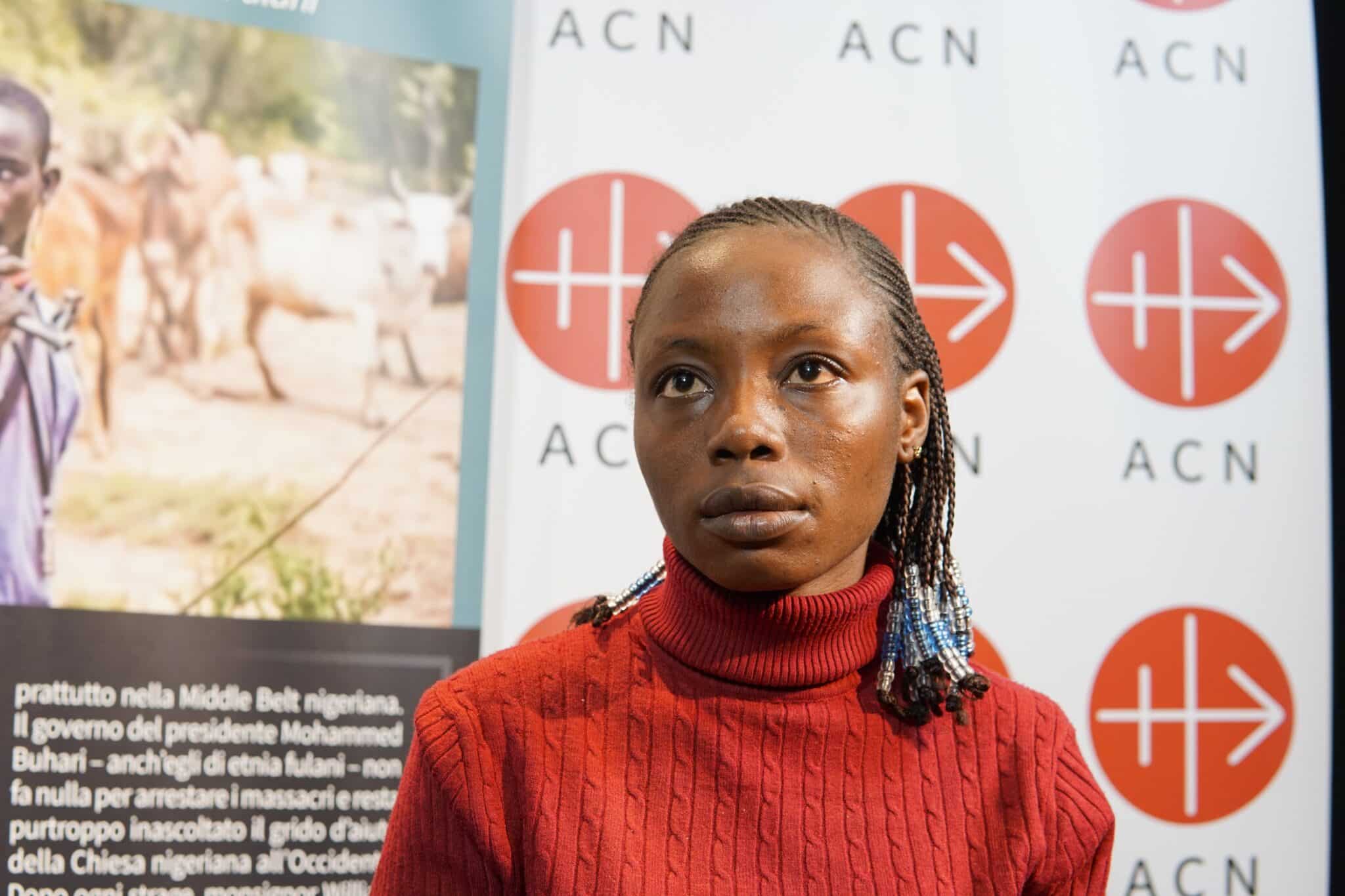Over the past 15 years, 100,000 Nigerian Christians may have been killed because they are Christians.
An estimated 19,000 churches have been destroyed. It is an age for Christian martyrs and in 2025, perhaps nine out of ten of them are dying in Nigeria.
Yet the tragedy hardly ever emerged in the mainstream media – until US President Donald Trump threatened military action in early November.
“If the Nigerian Government continues to allow the killing of Christians, the USA will immediately stop all aid and assistance to Nigeria, and may very well go into that now disgraced country, ‘guns-a-blazing,’ to completely wipe out the Islamic terrorists who are committing these horrible atrocities,” he posted on social media on 1 November.
Trump’s threats may have been crowd-pleasing bluster for American voters, but the issue is real and tragic.
The Australian director of Aid to the Church in Need, Bernard Toutounji, played a role in ringing alarm bells in the Western media.
In October he appeared on Sky News and pilloried the Nigerian government for turning a blind eye to the slaughter.
“The government is speaking nonsense and hoping the world doesn’t pay attention,” he said. “It’s gone on for decades with little accountability.”
Reports on the Nigerian atrocities slowly began to appear more frequently. Since then he has appeared several times on Sky News.
Aid to the Church in Need (ACN) is an international Catholic charity that provides pastoral and humanitarian aid to persecuted and suffering Christians around the world.
But why should Australians care about what is happening in Nigeria, The Catholic Weekly asked Toutounji.
“These are our brothers and sisters in Christ in baptism. So they really are part of our Christian family,” he responded.
“From a humanitarian point of view, these are people no different to you or me. They’ve got families and loved ones, and they’re trying to live their lives, and they’ve been slaughtered.
“If anything like this happened in Australia, where 10,000 people a year were being massacred, we would demand action be taken.”
Is it a genocide? Toutounji was reluctant to pin labels on the tragedy. Trump’s critics have claimed that the deaths are due more to tribal conflicts over grazing lands and “criminal economics” than religious persecution.
“It’s complex,” he says. Whether it’s a genocide is maybe not so easy to say. But on the flip side, I don’t think we can just say this is just a land rights issue, where, you know, 100,000 plus people have lost their life over grazing land.”
Islamic terrorism is clearly involved, he insists. “There are certain people and certain movements in Nigeria that would like to Islamicise the country and would like to see Christians out of all of it, or certain parts of it.”
This month Aid to the Church in Need holds its annual ‘Red November’ prayer and advocacy campaign on behalf of persecuted Christian martyrs around the world. More than 30 dioceses are participating beginning this coming week ‘Red Week’ from 17-23 November.
Cathedrals, including St Mary’s in Sydney, are being lit up in red and Masses and prayer vigils are being held to pray for persecuted Christians. It highlights the fact that one in seven Christians lives in a country where it is not safe to practice their faith.
In October ACN launched its biannual Religious Freedom in the World Report in Rome which warned of a worrying decline: two-thirds of humanity – more than 5.4 billion people – are living in countries without full religious freedom.
The greatest global threats were authoritarianism and oppressive government regimes, the advance of jihadism and religious nationalism, displacement crises aggravated by war and armed conflict, forced migration, and organised crime.
More than 400 million Christians live in countries where religious freedom is severely violated, and of these, approximately 220 million live in countries where they are directly exposed to persecution.
“Edmund Burke said that evil happens when good men do nothing,” Toutounji told The Catholic Weekly. “We need to put a light on situations of atrocity around the world.
“We’re so blessed to be in Australia. How can we just continue to live in this blessing without turning our mind for a moment to our suffering brethren?”
The Catholic Weekly is proudly Catholic, proudly counter-cultural, proudly in favour of life. We strive to share our vision of the Church, the Lord and the life-changing possibilities of the Christian path with our readers, providing a degree of Catholic clarity for complex times.
© The Catholic Weekly 2025
© The Catholic Weekly 2024
